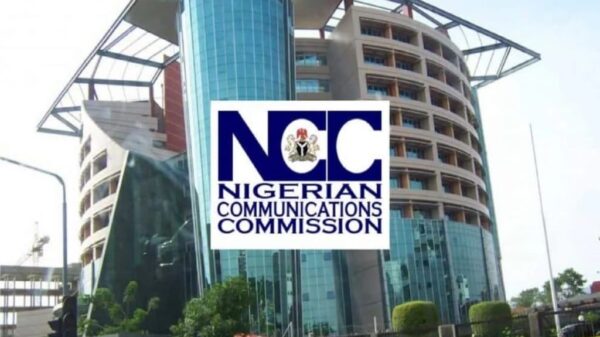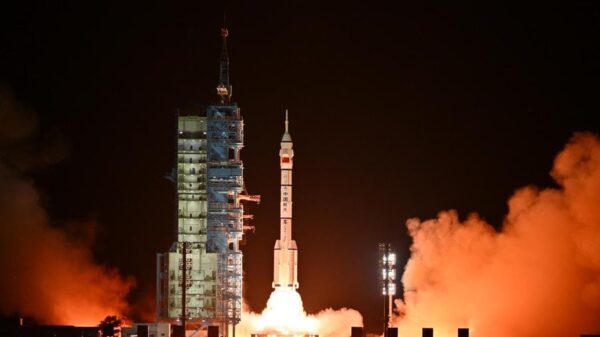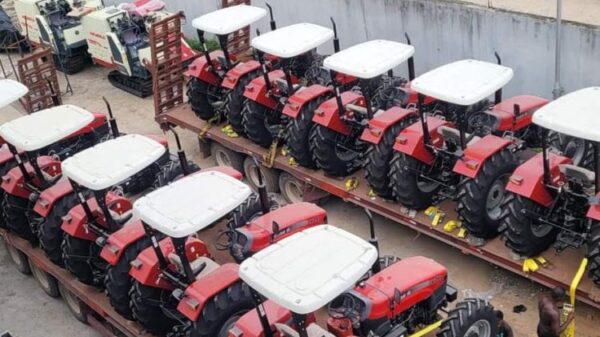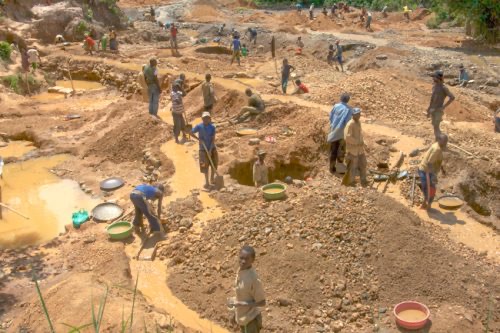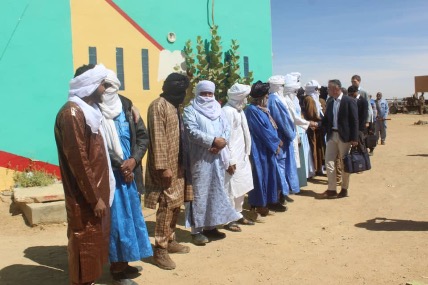By: Adnan Adams Mohammed and Omar Al-Ansari
A delegation of ambassadors of the African and European Union, and representatives of international mediation, in charge of following up the Peace and Reconciliation Agreement emanating from the Algeria track, arrived in the city of Kidal yesterday, Wednesday February 2,2023 to forge a renewed effort.
The efforts is geared towards rebuilding the Azawad insurgent controlled region of Mali formerly Gao and Timbuktu.
The discussion began with the intervention of the head of civil society in Kidal, Mr Al-Tayyub Ag Intala, who recounted the city’s problems, such as the lack of infrastructure, such as paved roads, drinking water, electricity, and high prices, as a result of the city being closed on borders, with no sea and air outlets.
His intervention was devoid of courtesies, ignoring all regarding the financial side.
The Coordination Secretaries spoke in the same manner as al-Tayeb, as their speech was devoid of a diplomatic tone this time, and they blamed the international mediation for not putting pressure on the financial party, which began to publicly declare a breach of the agreement, as the Secretary-General of the National Movement for the Liberation of Azawad, Bilal Ag al-Sharif, said.
“If the international community cannot force the other party, i.e. a Mali, to implement the agreement, then it must find another way, and stressed that they cannot remain in this situation for a longer time than before.”
The current head of the Coordination of Azawad Movements, Sima Al-Abbas Ag Intala, said that this agreement is the only link with which the international community still connects the people of Azawad with the people of Mali, and without this agreement we are Azwadis and the Malians are Malians, and nothing binds us to the Malian party other than this agreement.
The Secretary-General of the Arab Movement of Azawad, Ibrahim Handa, refusing to speak in a language other than Arabic, urged that they would not forget the case of the assassination of the former Secretary-General of the MAA movement, demanding that such issues not be underestimated, adding that enemies may target the leaders of the community to exterminate it.
The interventions of the ambassadors and guest diplomats were not without expressing their growing concern about the coordination dealing with the agreement in the same manner as the financial party, which means that the collapse of the peace process is imminent, and they said that they will present clear proposals to all parties, and they will call for an expanded mediation meeting, in which the Points on letters to come up with satisfactory results for both parties.
They did not specify where or when this would take place.
Al-Qasim Wan, head of the United Nations Mission in Mali, said, “The UN mission and its presence here is at stake due to the non-implementation of the agreement. Perhaps it will end with that reason.”
Brief History of Kidal
On 30 March 2012, Kidal and its military base were captured by the National Movement for the Liberation of Azawad as part of the Tuareg rebellion for the independence of Azawad. A spokesman for the Malian military junta said “To preserve the life of the people of Kidal, the military command decided not to prolong the battle”.
Gao and Timbuktu were captured within the next 48 hours, and on 6 April, the National Movement for the Liberation of Azawad declared the independence of Azawad from Mali.
In the course of the conflict the MNLA lost their control to Islamist militias.
On 30 January 2013 French and Malian forces moved into the town to bring it back under government control.
On 14 December 2013, a car bombing in Kidal killed two United Nations peacekeepers.
On 21 May 2014, MNLA forced government troops in Kidal to retreat after heavy fighting, capturing the military base.
On 13 February 2020 Mali government forces returned to Kidal after six years.
Source: Omar Al-Ansari – African perceptions Ki





